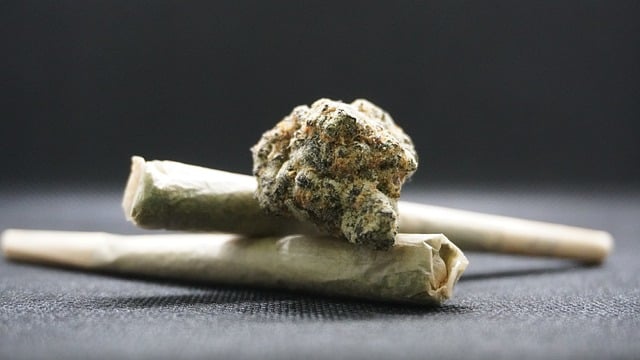Δ-9-tetrahydrocannabinolic acid (THCA), a non-psychoactive cannabinoid found in hemp and cannabis, is legally utilized for its potential health benefits across various EU countries. THCA, which is the precursor to THC and offers anti-inflammatory and immune-boosting properties without psychoactive effects, falls under a complex legal framework within the EU. It is legal when extracted from hemp with less than 0.2% Delta-9 THC by dry weight, aligning with EU regulations. THCA's growing recognition for its therapeutic potential, including anti-inflammatory and neuroprotective effects, has led to its integration into wellness practices in forms like infusions, topicals, and culinary uses. Consumers are encouraged to source THCA from compliant suppliers and adhere to recommended dosages, especially for those with health concerns or concurrent medication use. The legal status of THCA in EU countries is subject to change, necessitating consumers to stay informed on the evolving regulations to ensure continued access to its benefits within the legal framework established by the EU.
Discover the emergent wellness trend that’s capturing attention across Europe: THCA flower. This article delves into the multifaceted benefits of this non-psychoactive cannabinoid, highlighting its potential health advantages and how it differs from other cannabinoids. As we navigate the evolving legal landscape of THCA in EU countries, understanding its status becomes paramount for enthusiasts and curious consumers alike. From its role in full-spectrum hemp products to its place within holistic health practices, this exploration covers the science, sourcing, and safe use of THCA flower. Join us as we unravel the therapeutic properties of THCA, debunk myths, and provide insights on how to incorporate it into your wellness routine, ensuring you have a comprehensive understanding of this natural marvel.
- Unveiling THCA Flower: A New Frontier in Natural Wellness
- The Science Behind THCA: Potential Health Benefits
- THCA Legal Status in EU Countries: Navigating the Regulations
- THCA Flower vs. Other Cannabinoids: What Sets It Apart?
- How to Incorporate THCA Flower into Your Wellness Routine
- The Entourage Effect and THCA's Role in Full-Spectrum Hemp Products
Unveiling THCA Flower: A New Frontier in Natural Wellness
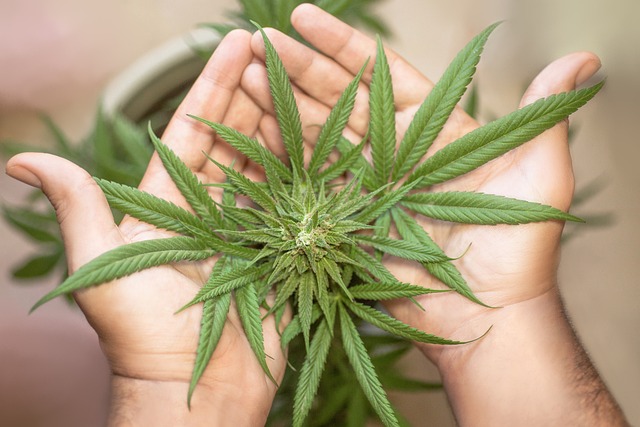
Unveiling THCA Flower, a non-psychoactive cannabinoid found abundantly in raw cannabis plants, is charting a new course in the realm of natural wellness. Tetrahydrocannabinolic acid A (THCA) is the precursor to THC, the psychoactive compound commonly associated with cannabis. Unlike its psychoactive counterpart, THCA is legal in various EU countries, offering a legally accessible option for those seeking the potential health benefits of cannabis without the high. Recent studies have highlighted the therapeutic properties of THCA, suggesting it may provide relief from inflammation, pain, and nausea, as well as support immune function. As researchers continue to explore its effects, many are turning to THCA-rich hemp flowers as a natural alternative to conventional treatments. The legal status of THCA in the EU makes it an attractive option for individuals looking for holistic health solutions within regulatory compliance.
The benefits of THCA Flower are multifaceted, with users reporting positive experiences related to mood enhancement and stress relief. Its anti-inflammatory properties make it a potential ally against chronic inflammation, which is a root cause of many diseases. Additionally, THCA’s interaction with the body’s endocannabinoid system may promote homeostasis, a balanced state that is essential for optimal health. The legality of THCA in EU countries has opened doors for scientific research and clinical trials to further elucidate its potential in natural wellness. As interest grows, so does the availability of high-quality THCA Flower products, ensuring that those interested can explore its benefits legally and responsibly.
The Science Behind THCA: Potential Health Benefits
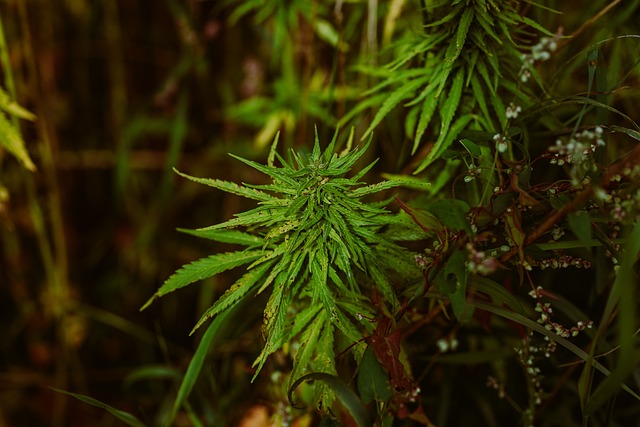
Delta-9-tetrahydrocannabinol alcohol (THCA) is a non-psychoactive cannabinoid found in hemp and cannabis plants, which, when heated, converts to the more well-known psychoactive compound THC. Recent scientific research has begun to shed light on the potential health benefits of THCA, particularly within the context of its legal status in the European Union (EU). In EU countries where THCA-rich hemp products are legal, consumers have access to a range of derivatives that may offer various therapeutic properties. Studies indicate that THCA may possess anti-inflammatory, neuroprotective, and anti-nausea effects. Its potential role in managing inflammation makes it a subject of interest for those with chronic inflammatory diseases. Furthermore, preliminary research suggests that THCA could be beneficial in neurodegenerative disorders due to its antioxidant properties. As legal frameworks continue to evolve across EU countries, the exploration and utilization of THCA are poised to expand, offering a natural alternative for health and well-being. This is particularly true as more individuals seek out cannabinoids for their potential therapeutic benefits within the confines of legal and regulated markets.
THCA Legal Status in EU Countries: Navigating the Regulations
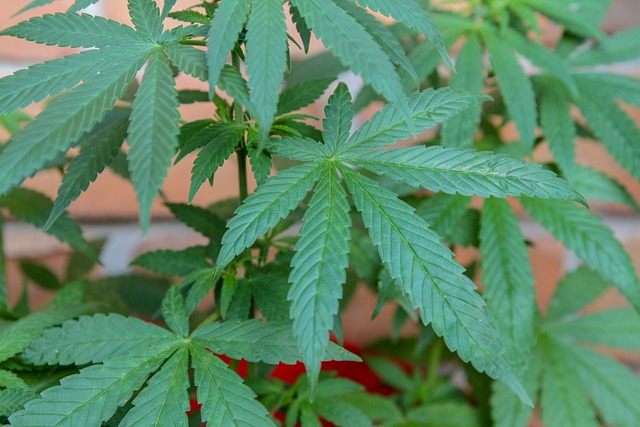
Delta-9 tetrahydrocannabinolic acid (THCA) is a non-psychoactive cannabinoid found in hemp and cannabis plants, which has garnered attention for its potential wellness benefits. As interest in THCA grows, so does the need to clarify its legal status within the European Union (EU). The legal landscape of THCA in EU countries is nuanced and varies by member state due to differing interpretations of existing legislation. According to the World Health Organization (WHO), THCA and other cannabinoids are not psychoactive and should be distinguished from Delta-9 THC, which is classified as a narcotic under the 1961 Single Convention on Narcotic Drugs. Consequently, member states have the flexibility to regulate THCA independently of Delta-9 THC, provided it falls below certain THC concentration limits. In practice, this means that EU countries can legislate THCA as a legal compound when derived from hemp with less than 0.2% Delta-9 THC by dry weight. However, regulations are subject to the European Commission’s guidelines and the Court of Justice of the European Union’s rulings, which member states must adhere to. It is crucial for entities dealing with THCA to stay informed about the evolving legal frameworks within each EU country, as the regulatory environment continues to adapt to scientific advancements and public policy considerations related to cannabinoids. This dynamism underscores the importance of a thorough understanding of local regulations when engaging in commerce or research involving THCA within the EU.
THCA Flower vs. Other Cannabinoids: What Sets It Apart?
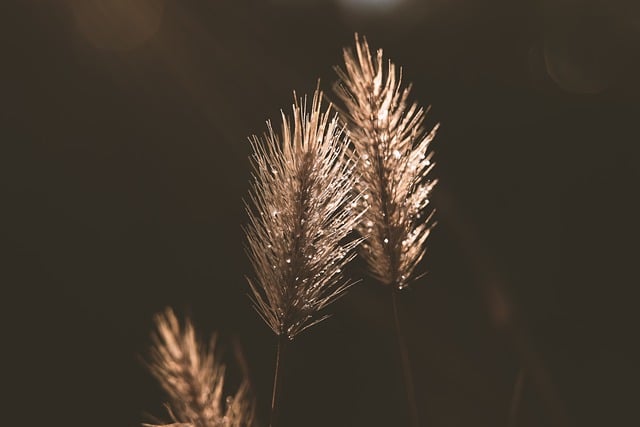
Delta-9-tetrahydrocannabinolic acid (THCA) is the raw, non-psychoactive precursor to the well-known delta-9-tetrahydrocannabinol (THC). Found abundantly in raw cannabis flowers, THCA is gaining attention for its potential therapeutic benefits, which include anti-inflammatory and neuroprotective properties. Unlike THC, THCA does not induce psychoactive effects, making it a preferred choice for individuals seeking the health benefits of cannabinoids without the high. In EU countries where regulations allow, THCA flowers are being utilized in various forms, from infusions to topical applications, reflecting their versatile and legal use within the legal frameworks of these regions. The legality of THCA in the EU hinges on the specific laws of each country, with some nations permitting its sale and use for wellness purposes.
THCA flowers stand out from other cannabinoids due to their unique interaction with the body’s endocannabinoid system. Research suggests that THCA may offer a broader range of health benefits compared to other cannabinoids like CBD (cannabidiol) and CBN (cannabinol). For instance, studies indicate that THCA could have analgesic effects without psychoactive side effects, which makes it particularly interesting for those seeking pain relief. Additionally, the legal status of THCA flowers in EU countries adds a layer of complexity to their usage and availability, highlighting the importance of staying informed about local cannabis laws when considering incorporating them into one’s wellness regimen. As such, THCA flowers represent a distinctive and potentially beneficial addition to the cannabinoid landscape within compliance of EU regulations.
How to Incorporate THCA Flower into Your Wellness Routine
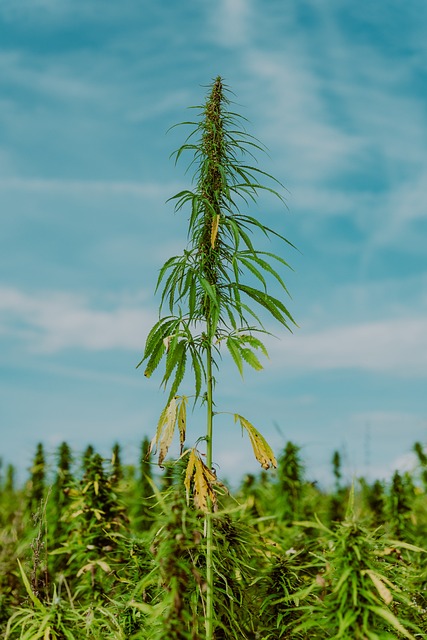
THCA, or tetrahydrocannabinolic acid, is a non-psychoactive cannabinoid found in hemp and cannabis plants that has garnered attention for its potential wellness benefits. As the precursor to THC, THCA is legal in many EU countries, provided it contains less than 0.2% THC, aligning with the European Union’s Novel Food regulations. Incorporating THCA flower into your wellness routine can be a natural way to support overall health and well-being. To do so effectively, start by sourcing high-quality THCA flowers from reputable suppliers who comply with local laws and regulations. Once you have your THCA flower, there are several methods to integrate it into your daily routine. One approach is to use it as a dry herb in a vaporizer, which allows for precise temperature control to release the beneficial compounds without combustion. Another method is infusion; you can create THCA-infused oils or teas by decarboxylating the flower and then simmering it in a fat or hot water, releasing its potential benefits in a bioavailable form. Alternatively, THCA flowers can be added to topical applications for localized relief, or used in cooking to enhance dishes with their unique properties. Regardless of the method chosen, it’s crucial to adhere to the recommended dosage and consult with a healthcare professional if you have any underlying health conditions or are taking other medications. By thoughtfully integrating THCA flower into your wellness routine, you can explore its potential benefits in a legal and controlled manner, contributing positively to your health and lifestyle.
The Entourage Effect and THCA's Role in Full-Spectrum Hemp Products

Delta-9-tetrahydrocannabinolic acid (THCA) is a non-psychoactive cannabinoid found in hemp and cannabis plants, which, upon heating, converts to the well-known THC. Despite its transformation into THC, THCA possesses its own unique properties and plays a significant role within full-spectrum hemp products. The Entourage Effect is a phenomenon that describes the synergistic interaction between different cannabinoids, terpenes, and flavonoids found in cannabis. This complex interplay can enhance or modulate the effects of each individual component, potentially leading to more pronounced therapeutic benefits. THCA contributes to this effect by interacting with the body’s endocannabinoid system, which regulates a range of physiological processes. In full-spectrum hemp products, THCA is present alongside other cannabinoids such as CBD and CBN, as well as a variety of terpenes. This combination allows for a more holistic approach to health and wellness, as the different compounds work together to provide potential therapeutic effects.
The legal status of THCA in EU countries is an important consideration for consumers and manufacturers alike. While the legal landscape varies across different member states, THCA itself is typically considered legal provided it contains less than 0.2% THC by dry weight. This distinction is crucial because it allows consumers to access products with THCA while complying with the stringent regulations set forth by EU law. It’s important for consumers to be aware of their local laws and regulations when purchasing hemp-derived products, ensuring that they are sourced from reputable suppliers who adhere to these legal standards. By understanding the legality of THCA in the EU, consumers can make informed decisions about which products are right for them, experiencing the full potential of the Entourage Effect while remaining compliant with the law.
THCA flower, a non-psychoactive compound found in hemp, has emerged as a promising addition to the realm of natural wellness. Its potential health benefits, rooted in scientific research, suggest a versatile and beneficial role within holistic health routines. As the discussion on THCA legal status in EU countries evolves, it becomes increasingly clear that regulatory frameworks are adapting to accommodate this burgeoning market. Distinguishing itself from other cannabinoids through its unique properties, THCA offers a compelling alternative for those exploring full-spectrum hemp products. Incorporating THCA flower into your wellness routine may be a step towards harnessing the entourage effect, enhancing overall health and well-being. As this frontier continues to expand, staying informed on the legal landscape will be key for consumers seeking to embrace the potential of THCA within their personal wellness journey.
